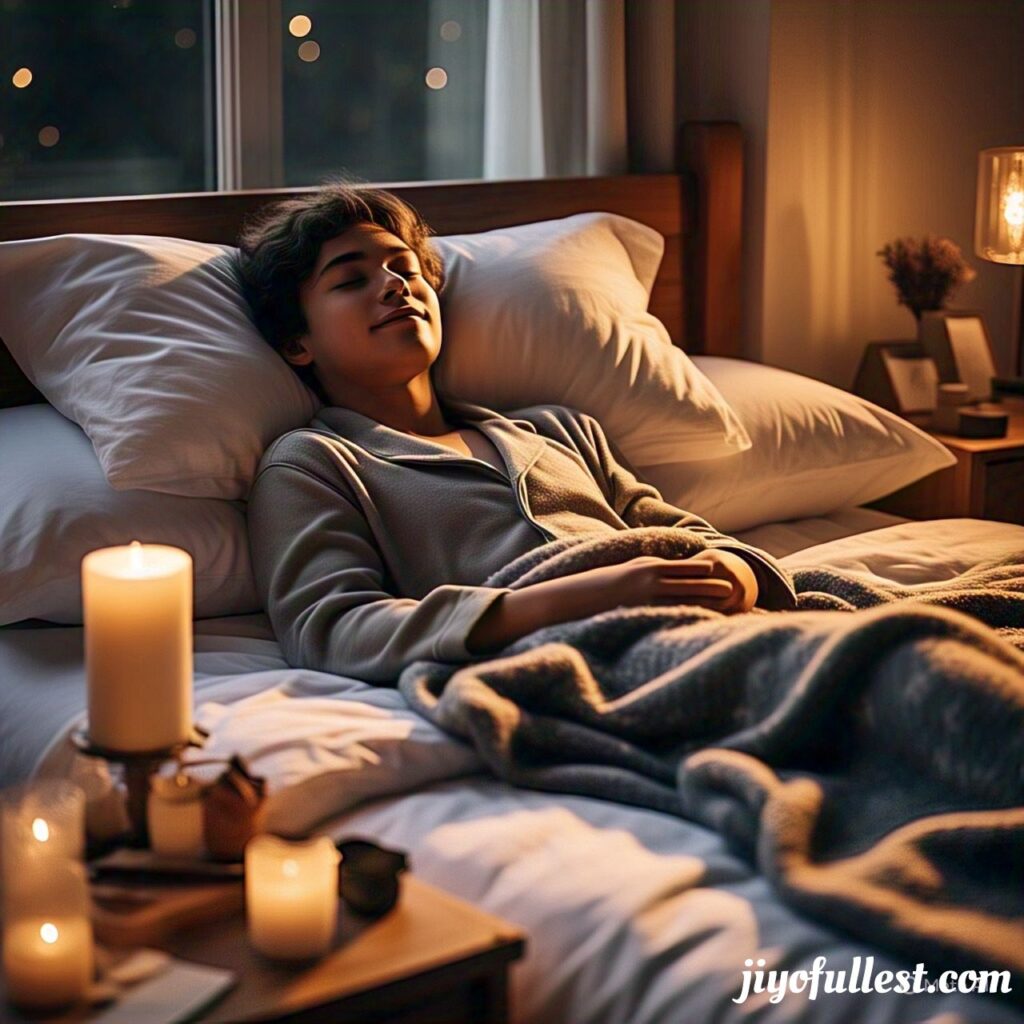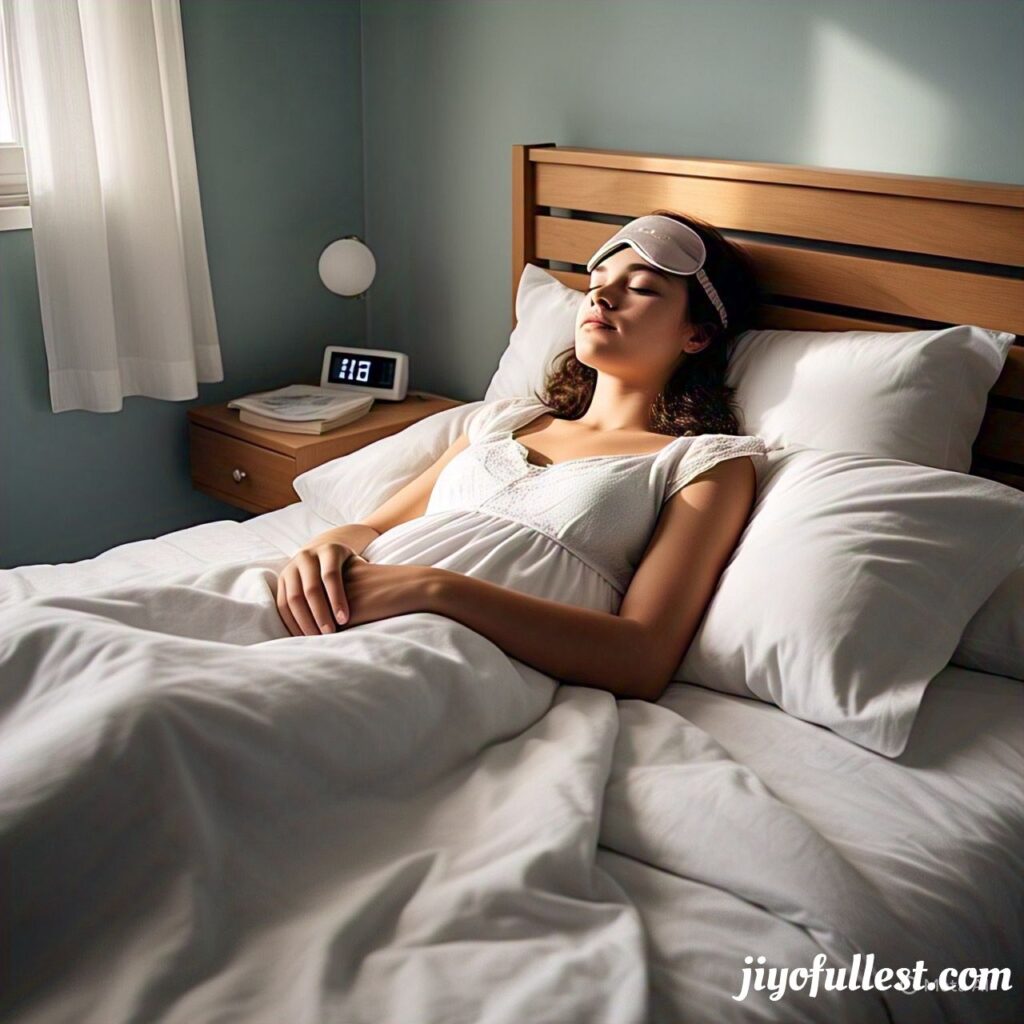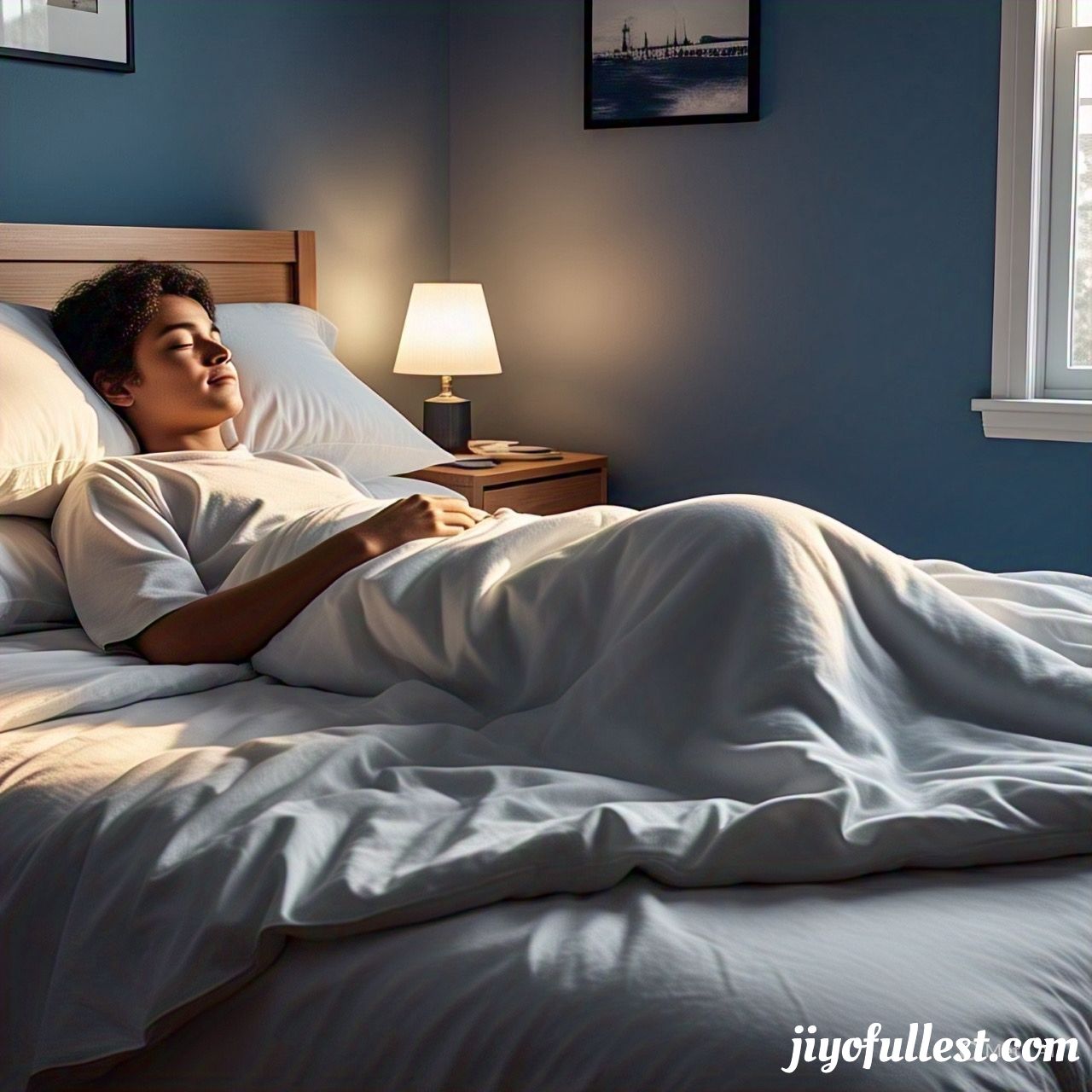Have you ever laid in bed, staring at the ceiling, feeling like sleep is just out of your reach? In today’s busy world, sleep can sometimes feel like a luxury, especially when you’re dealing with stress, anxiety, or just an overactive mind. But what if you could fall asleep within 5 minutes? That might sound impossible, but there are effective techniques and tricks that can help you drift off quickly and enjoy a restful night of sleep.
If you struggle with insomnia or have trouble falling asleep even when you’re tired, don’t worry — you’re not alone. In this blog, we’ll explore proven methods to help you fall asleep faster and why these techniques are so effective.
Table of Contents
ToggleWhy Is Falling Asleep So Hard?
Before we dive into the techniques, let’s first look at why some people struggle with falling asleep.
1. Stress and Anxiety
Stress is one of the leading causes of sleeplessness. When you’re stressed, your body releases cortisol, a hormone that increases alertness and energy, making it harder to wind down.
2. Overactive Mind
Racing thoughts, worrying about tomorrow, or even replaying events from the day can keep your mind busy and prevent you from falling asleep.
3. Poor Sleep Environment
A room that is too bright, noisy, or uncomfortable can significantly impact your ability to fall asleep quickly.
4. Bad Sleep Habits
Irregular sleep patterns, excessive caffeine intake, or too much screen time before bed can also make falling asleep difficult.
5. Health Conditions
Certain health issues, like sleep apnea or restless leg syndrome, can make it harder to fall asleep quickly, even if you’re extremely tired.

How to Fall Asleep Fast in 5 Minutes
Now that we understand the causes of sleep difficulties, let’s focus on how you can sleep faster using some practical and scientifically-backed techniques. These strategies are designed to help you fall asleep within 5 minutes.
1. Use the 4-7-8 Breathing Technique
One of the quickest ways to fall asleep fast is through deep breathing exercises. The 4-7-8 technique is a powerful tool to calm your nervous system and induce sleep quickly.
How to do it:
Inhale through your nose for 4 seconds.
Hold your breath for 7 seconds.
Exhale through your mouth for 8 seconds.
Repeat this cycle three times and feel your body relax. The deep breathing reduces anxiety, lowers your heart rate, and helps you relax faster, enabling you to fall asleep almost immediately.
2. Progressive Muscle Relaxation
Progressive Muscle Relaxation (PMR) is a technique where you systematically tense and then relax your muscles to release physical tension and calm the mind. It’s proven to help reduce stress and anxiety, which can be major roadblocks to falling asleep quickly.
How to do it:
Start by tensing the muscles in your toes for 5 seconds.
Release the tension and relax for 10 seconds.
Move up your body, tensing and relaxing each muscle group (calves, thighs, stomach, chest, arms, neck, face) until you reach your head.
By focusing on your body and releasing tension, PMR can help you relax so deeply that you fall asleep faster than you thought possible.
3. Visualization
Visualization is a calming technique where you mentally picture yourself in a peaceful, relaxing environment. This helps distract your mind from stress and intrusive thoughts.
How to do it:
Picture yourself lying on a beach or in a forest, hearing the sound of waves or birds chirping.
Focus on all the details of your surroundings: the warmth of the sun, the scent of fresh air, or the feeling of relaxation that washes over you.
Let your mind fully immerse in this image and focus on the peaceful sensations it evokes.
This method helps clear your mind of stress and shift your focus to something calming, allowing you to drift off more quickly.
4. The Military Method
Developed by the U.S. military to help soldiers fall asleep quickly, the Military Method is a highly effective technique that can help you fall asleep in less than two minutes.
How to do it:
Relax your face, including your tongue, jaw, and the muscles around your eyes.
Drop your shoulders as low as possible, followed by your upper and lower arms, one side at a time.
Exhale and relax your chest, followed by your legs, starting from the thighs and working down to your calves and feet.
Clear your mind for 10 seconds. Imagine a peaceful scene like floating on a cloud or lying in a hammock.
This method combines muscle relaxation with mental focus, helping you fall asleep faster.
5. Create the Right Sleep Environment
A comfortable sleep environment is essential for falling asleep quickly. Your bedroom should be cool, quiet, and dark.
Keep your room cool (between 60°F to 67°F or 15°C to 19°C) to promote sleep.
Use blackout curtains to block out light.
Minimize noise with earplugs or a white noise machine if necessary.
Making your bedroom a sanctuary for sleep can set the stage for quicker and better rest.

How Long Does It Take To Fall Asleep?
The average person takes around 10–20 minutes to fall asleep. However, with the right techniques, some people can fall asleep in as little as 5 minutes. Factors such as stress, age, and sleep environment play a role in how long it takes to fall asleep.
FAQ: How to Fall Asleep Fast in 5 Minutes
Q1: Can these techniques work if I’m feeling anxious or stressed?
Answer:
Yes! Techniques like the 4-7-8 breathing method, progressive muscle relaxation, and visualization are particularly effective for calming anxiety and reducing stress. They help activate your parasympathetic nervous system, which encourages relaxation and sleep.
Q2: Is it possible to fall asleep in 5 minutes every night?
Answer:
While falling asleep in 5 minutes is possible with the right techniques, it may take some practice, especially if you’re used to taking longer to fall asleep. With consistent use of these methods, you’ll likely find it easier to fall asleep quickly on a regular basis.
Q3: Can listening to calming music help me fall asleep fast?
Answer:
Yes! Listening to calming music or sounds such as ocean waves or rain can significantly help you relax and fall asleep faster. Music with a slow tempo (around 60-80 beats per minute) can enhance relaxation and promote sleep.
Q4: Are there any foods or drinks that help with falling asleep quickly?
Answer:
Yes, certain foods and drinks can promote sleep by increasing levels of melatonin or serotonin. Consider drinking chamomile tea, warm milk, or eating a small snack that includes carbohydrates and tryptophan, like a banana with peanut butter or a handful of almonds.
Q5: How important is a consistent sleep schedule in falling asleep quickly?
Answer:
A consistent sleep schedule is crucial. Going to bed and waking up at the same time each day helps regulate your body’s internal clock (circadian rhythm), making it easier to fall asleep quickly over time. Consistency also improves sleep quality and overall health.


